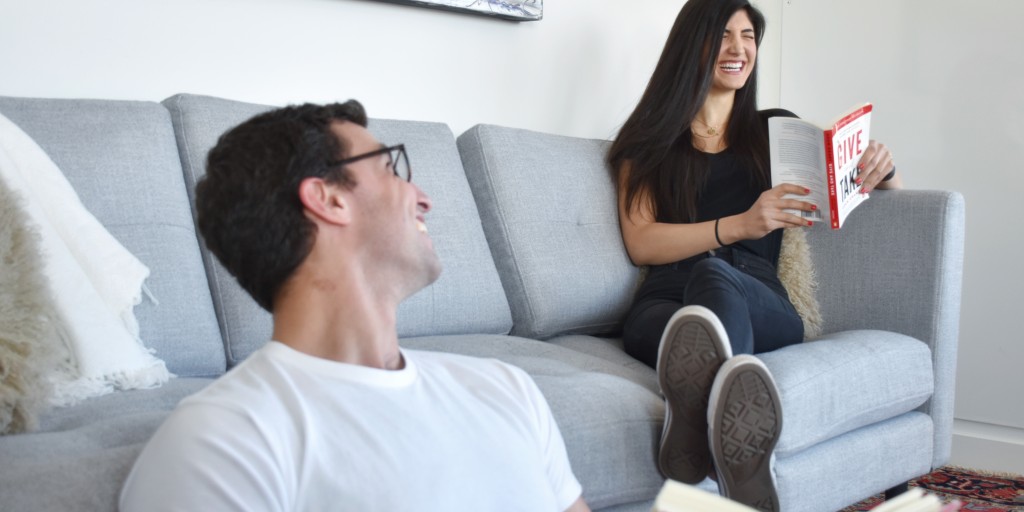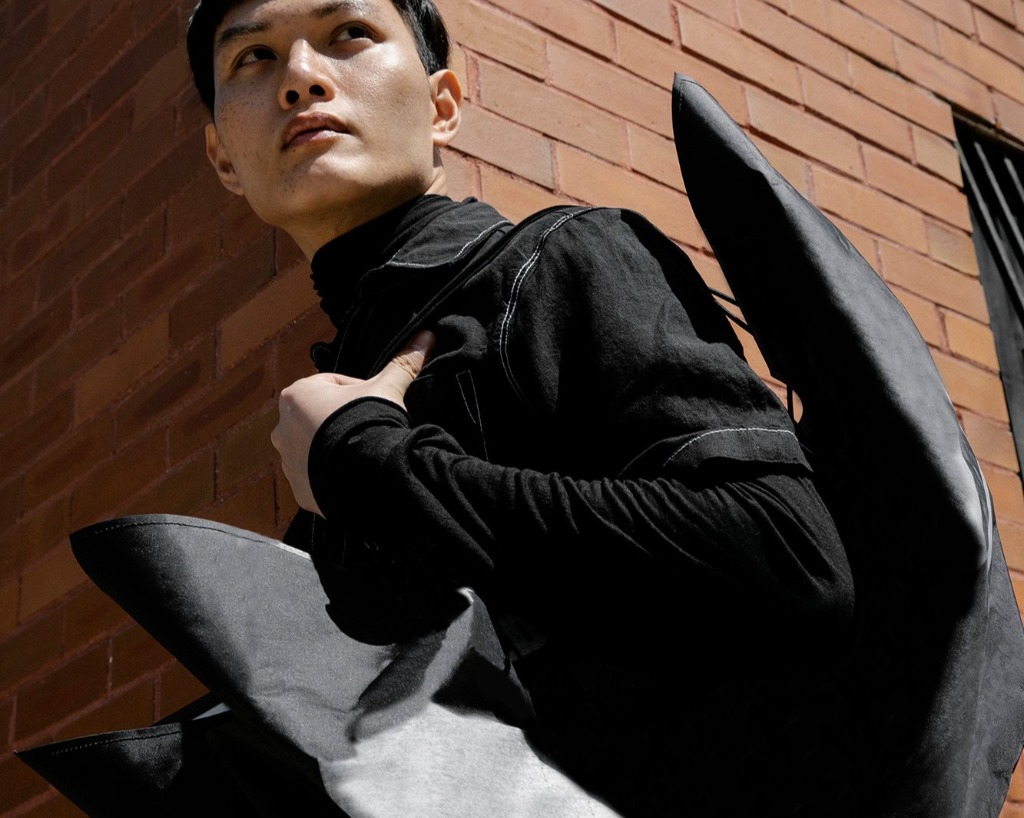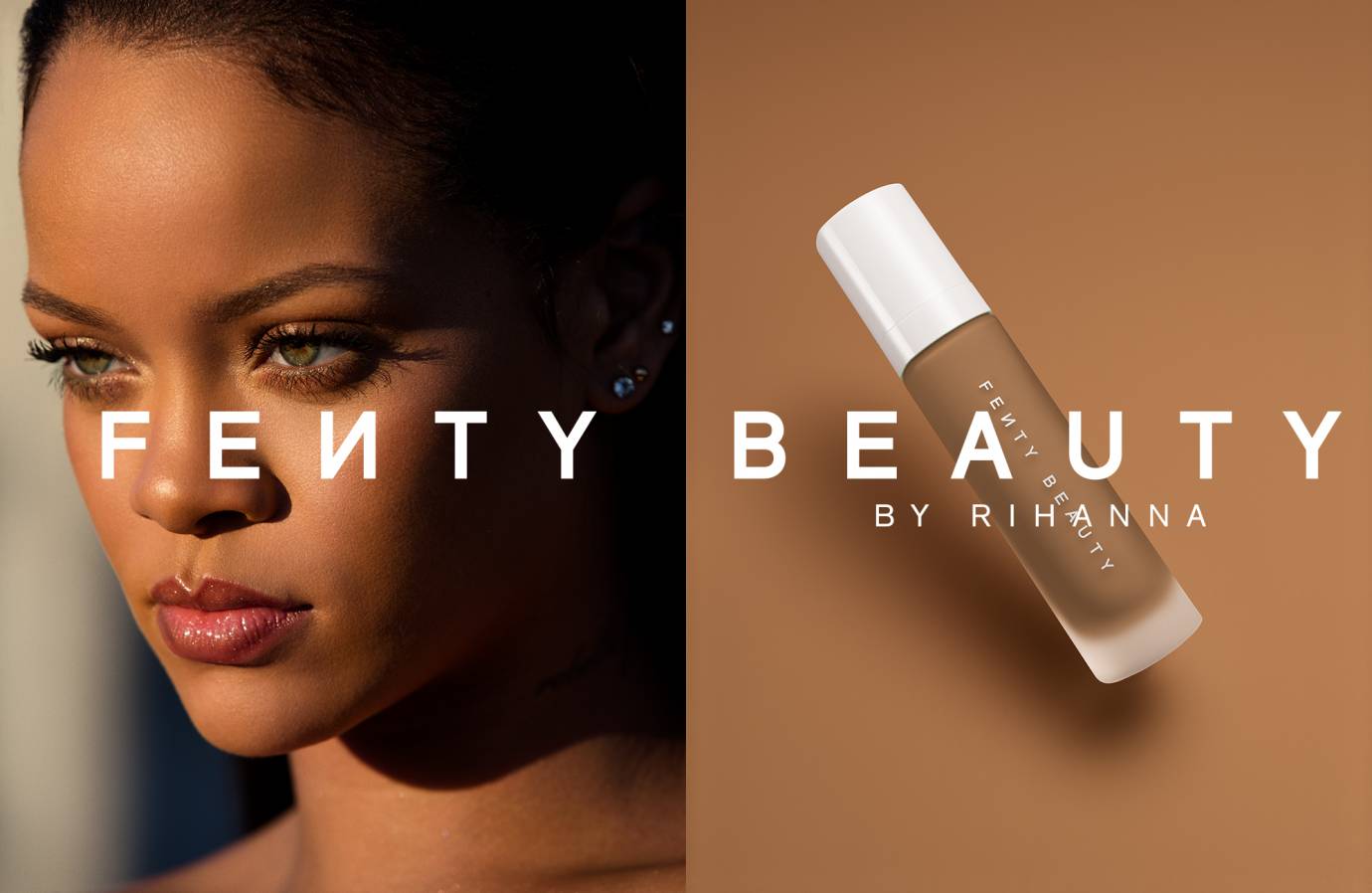NEW YORK — Amongst the vast and techy Y Combinator alumni network, Burrow sticks out like a sore thumb. Innovation and smart thinking aren’t exclusive to the tech world, however, despite all appearances.
Burrow is a DTC sofa upstart making it easy, convenient, and cost effective (compared to comparable couches from established furniture makers), to get a high-end couch shipped directly to you.
In other words, think of them as the Casper of Couches. This week, after five months in pre-order mode, they made things official — and permanent — with their hard launch. Lean Luxe spoke with co-founder Stephen Kuhl to talk finances, the sofa market, and bringing the average customer up to speed on what Burrow brings to the table.

The toplines from the conversation…
Biggest early challenge today?
Combating the notion that a couch “shipped in a box” equates to “cheap quality”. Buying a couch comes with some inborn preconceived notions. Big name furniture brands, Kuhl told us, offer some point of reference — as does Ikea — but none of them are bringing to the market exactly what Burrow is: the quality of a designer brand, but the ease of assembly relative to Ikea. So with no clear point of reference, Kuhl said, effectively (and efficiently) getting that point across to customers is a challenge.
Messaging, then, has been critical. “We’re solving so many [problems] for people, that we can’t lead with, ‘It’s modular, and it ships really fast’ and pinpointing the exact which features of Burrow to emphasize most.”
Some surprises in the Burrow customer set.
Ranging from $550 to $1150 they’re not cheap, so they’re not aiming for the college, Ikea crowd. “We’re targeting the modern consumer,” Kuhl said.
How does Burrow define that? “Well we obviously have the young professionals who live in major cities. What we found from our pre-order sales was that we have people from all over the place. We found that we have a lot of young parents that really love the couch because we’re convenient and we have no harmful chemicals in the materials and fabric. There’s a gamer market that we identified, people that are going to spend a lot time on a couch definitely appreciate the product.”
Pre-orders from over 40 different states, predominately New York, California. But Burrow is finding a market in suburb areas. “And that’s what we want. We want to create a couch that works for 80% of the population.”
The rental market could also prove to be a big opportunity for them.
Think: Co-living spaces, companies furnishing homes, the b2b market. “There’s a lot of real estate companies that are like ‘Oh wow, your stuff would be a good fit in any location’ and because we sell replacement parts for our couch — if you need a cushion or a leg or whatever, you can just order the parts. That’s something a lot of furniture companies don’t offer. We’re starting to look at that as a growth area.”
On bringing a fresh outsider’s perspective.
“The reason why the furniture industry hasn’t done this, is because if you’ve been entrenched in the industry for so long, you start to buy into the cultural norms. One of those norms is that knock down furniture — knock down being, you can take it apart and ship it in packages — is inherently low quality.” There’s no other mid-century modern couch that ships in boxes. Ikea has been able to do the flat pack shipping, but generally, inside the industry, that’s seen as low quality, simply because the companies that are knock down typically do use budget quality materials. “I think it took an outsider to be like, ‘Why can’t you do this with high quality materials?’”
Finances.
They took 1,000 pre-orders out of YC. Put a pause on that to focus on delivering those orders, and not getting bogged down. Starting April 4, they’ll take real time one week shipping orders, and they have inventory ready to go. Revenues: $600K.
Small seed backing though: $120K, the Y Combinator standard. As a capital intensive, hard product business — this isn’t tech, remember — that’s a remarkably small sum. The plan: to make sure each couch they sell they make a profit on. In other words, this is far more of a bootstrapping operation than a high burn rate one. That involves, Kuhl told us, “getting creative” with their relationships with their suppliers and manufacturers to make sure they don’t have to “shell out cash before we’ve taken revenue from customers.”
Are they worried about repeat purchases?
When people buy couches, they tend to only buy one, and not buy another for years. This is something Casper, as a mattress company, also faces. The fact that they’ve added the new dog mattress recently, is perhaps proof that they recognize that challenge. How is Burrow thinking about addressing this problem as they scale? “Number one, our research shows that people actually do buy couches more frequently than mattress, so there is the potential for people to be a repeat purchaser. Our research shows that people are just buying more couches more frequently in general if you look at the aggregate population, which is why the couch market is about $9B larger than the mattress market.”
Like Casper, there are plans to launch into other related products around the living room. International expansion is also a big consideration.
The next product expansion, most likely?
A Burrow ottoman.






